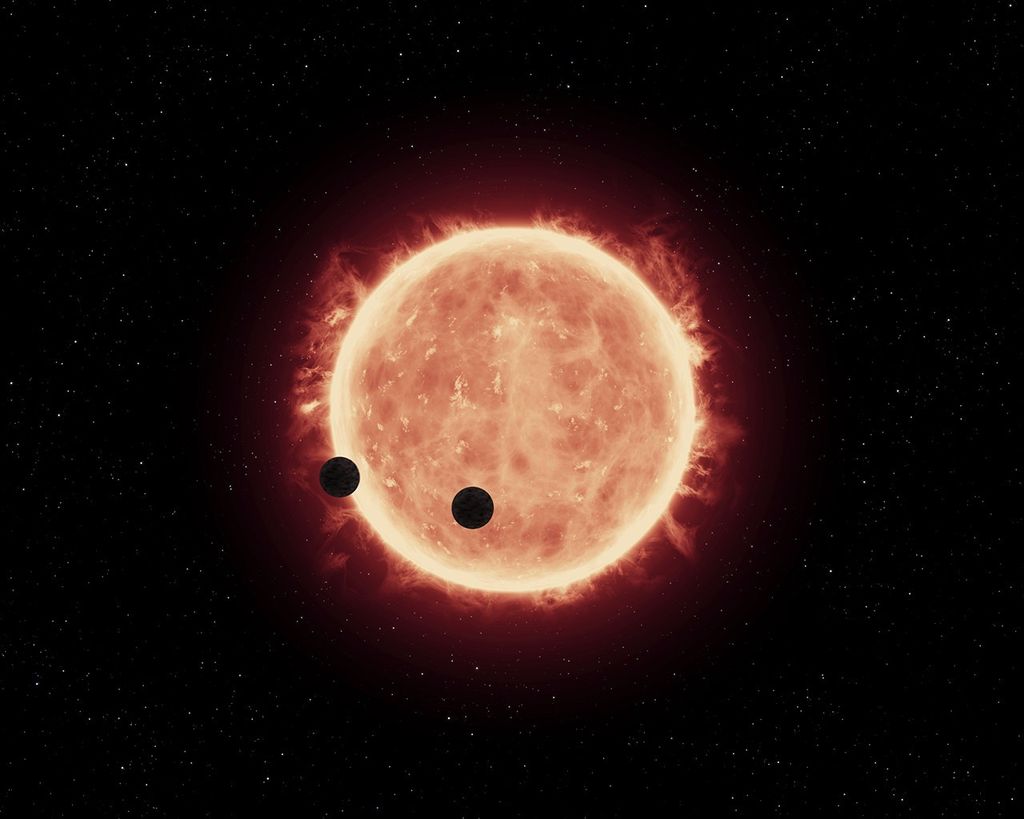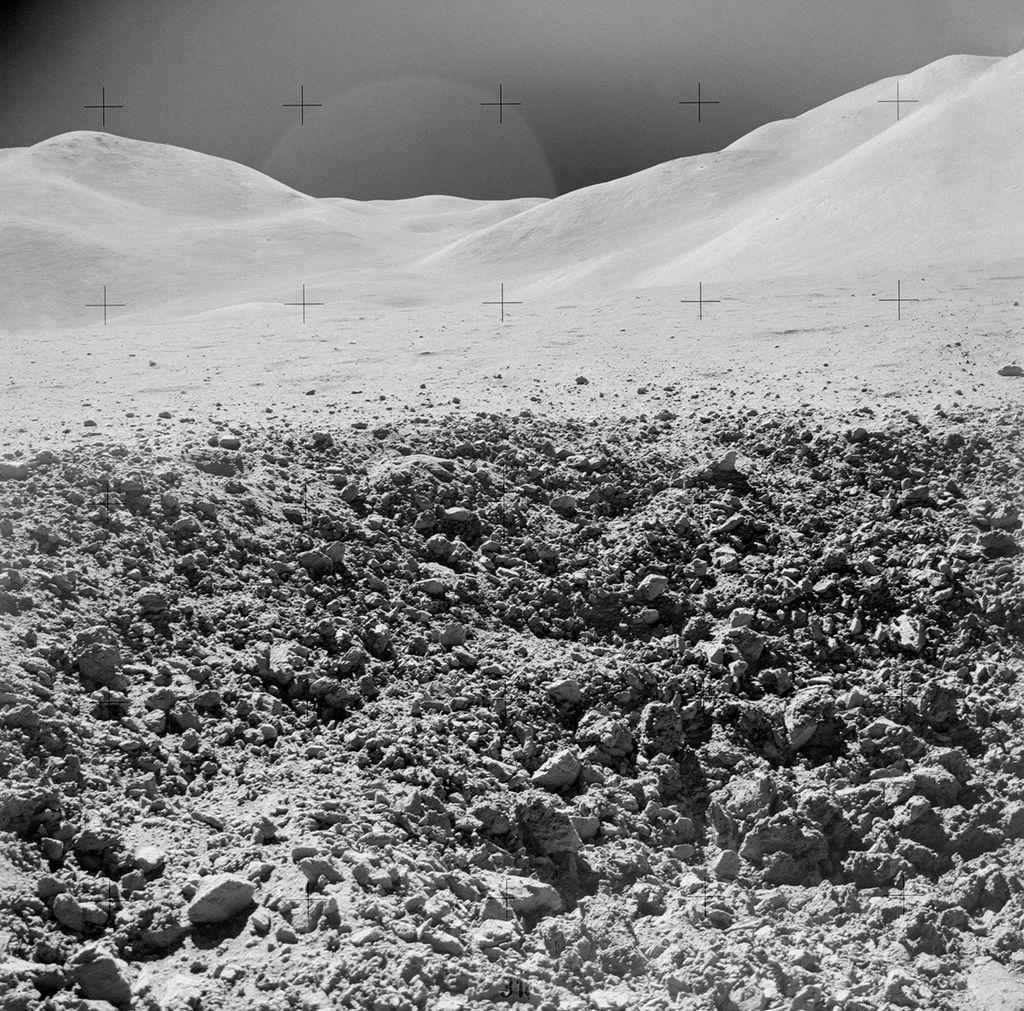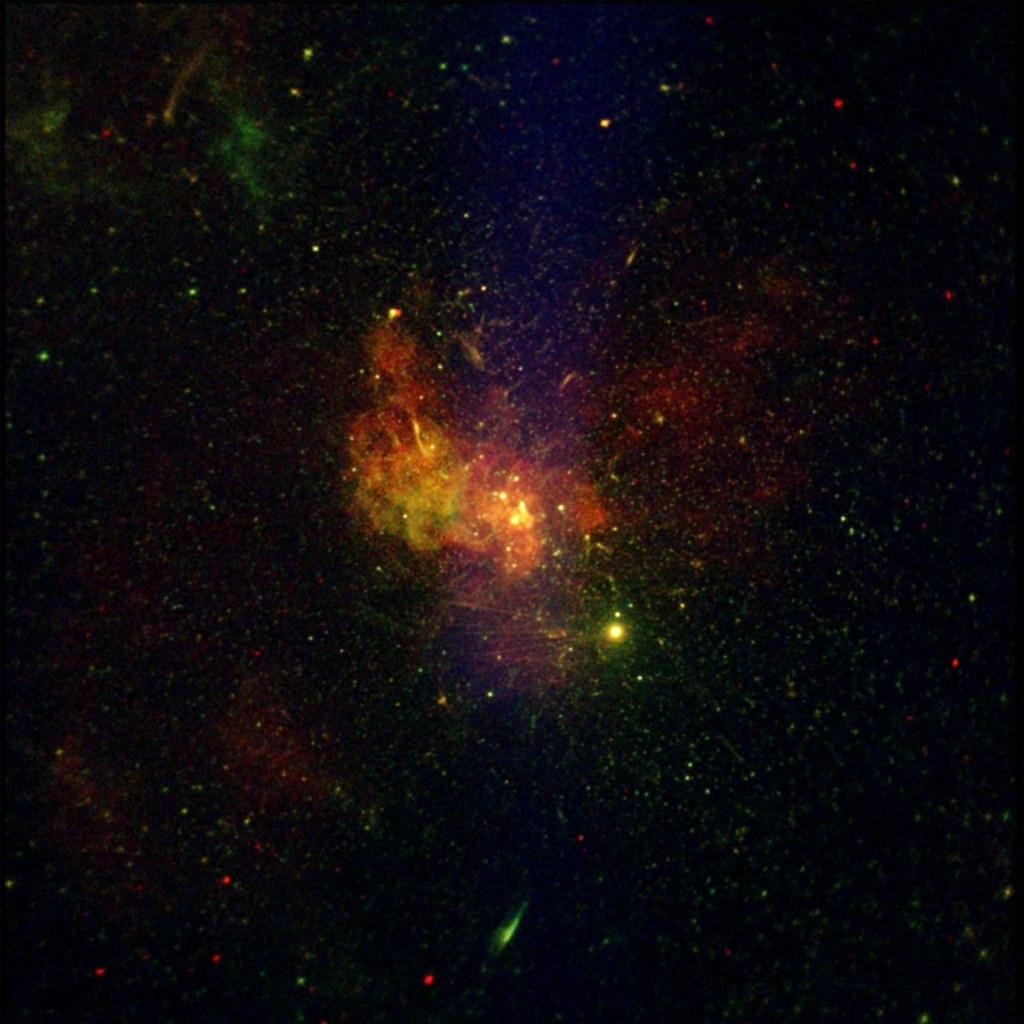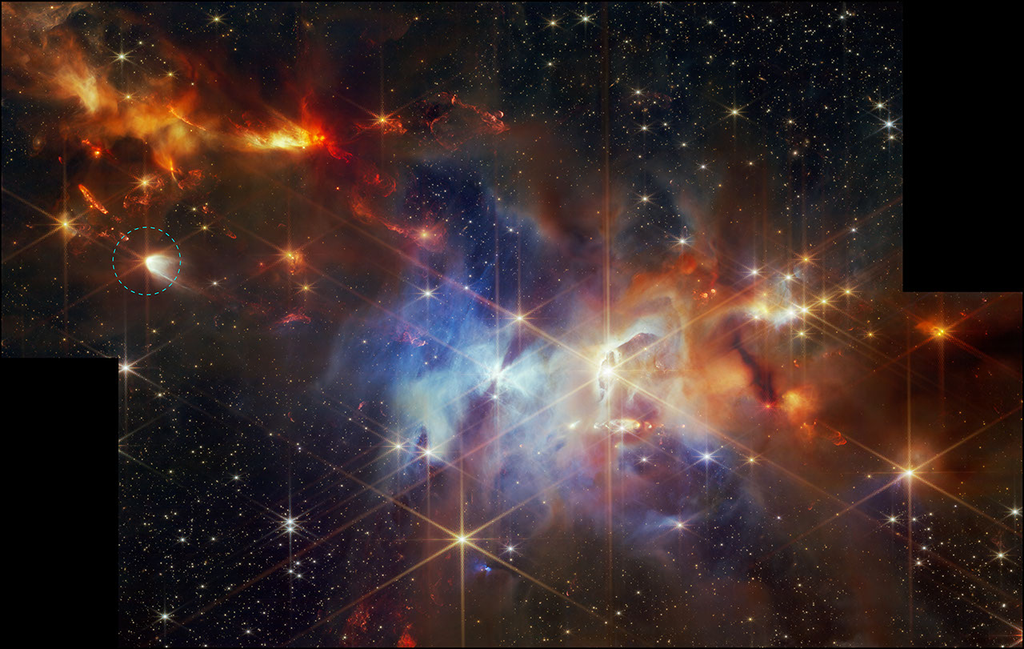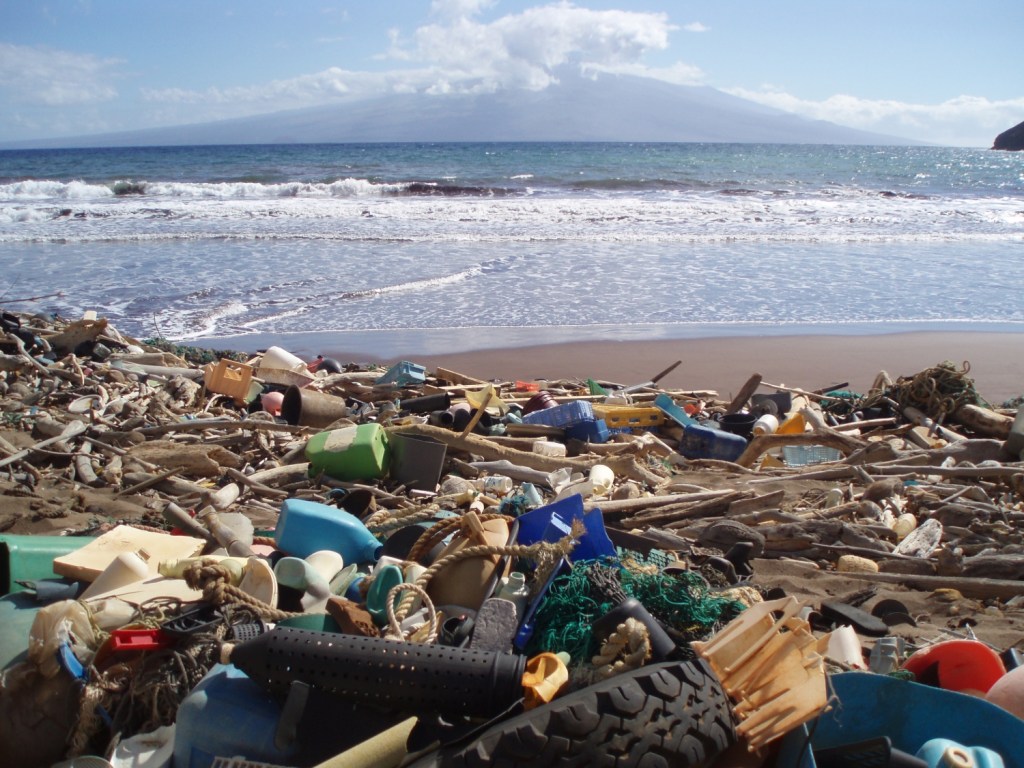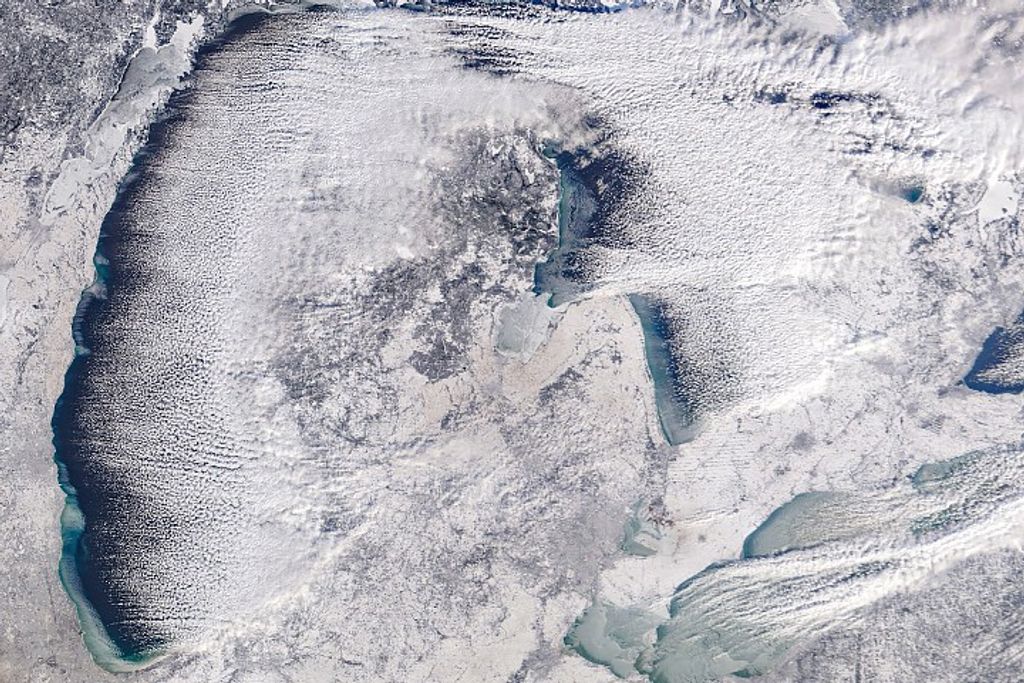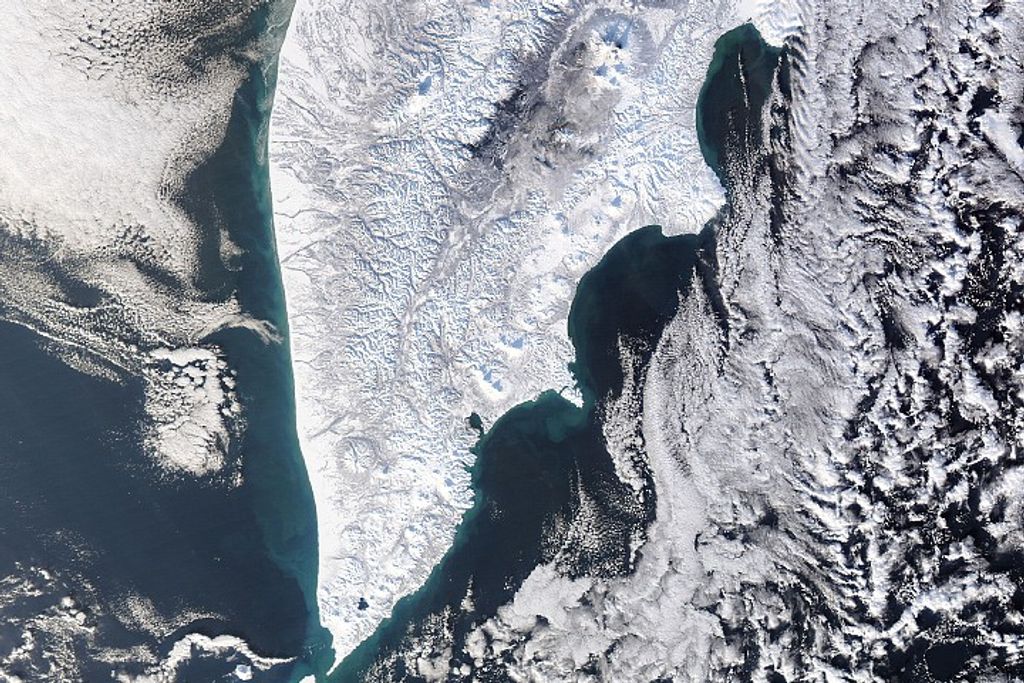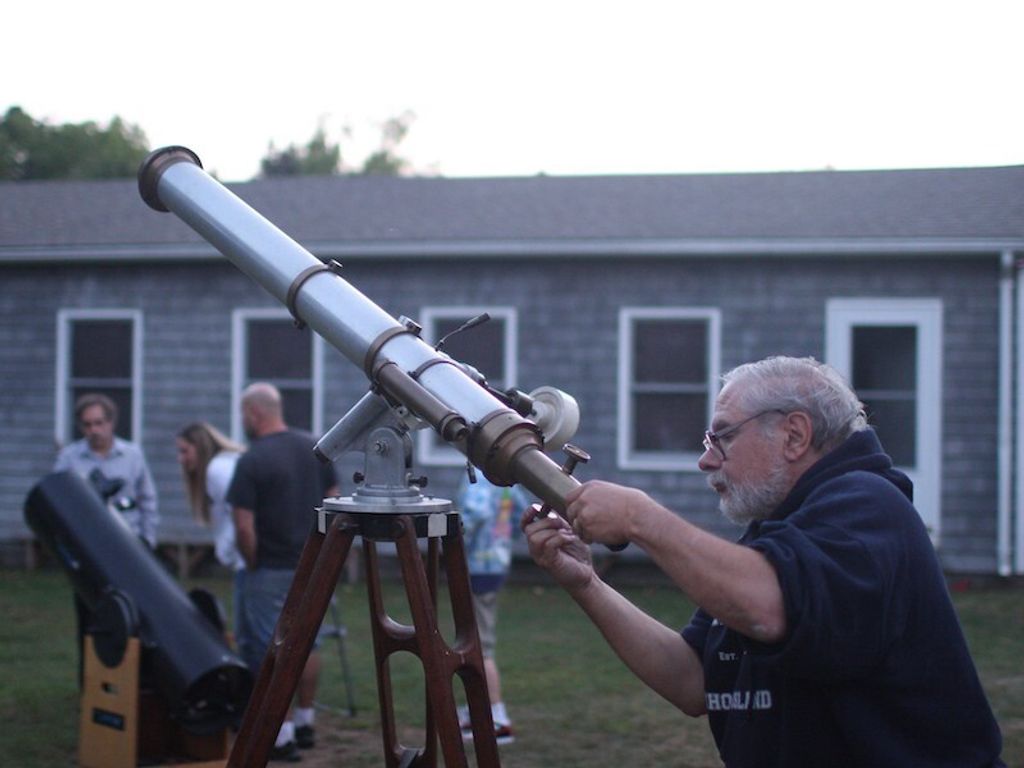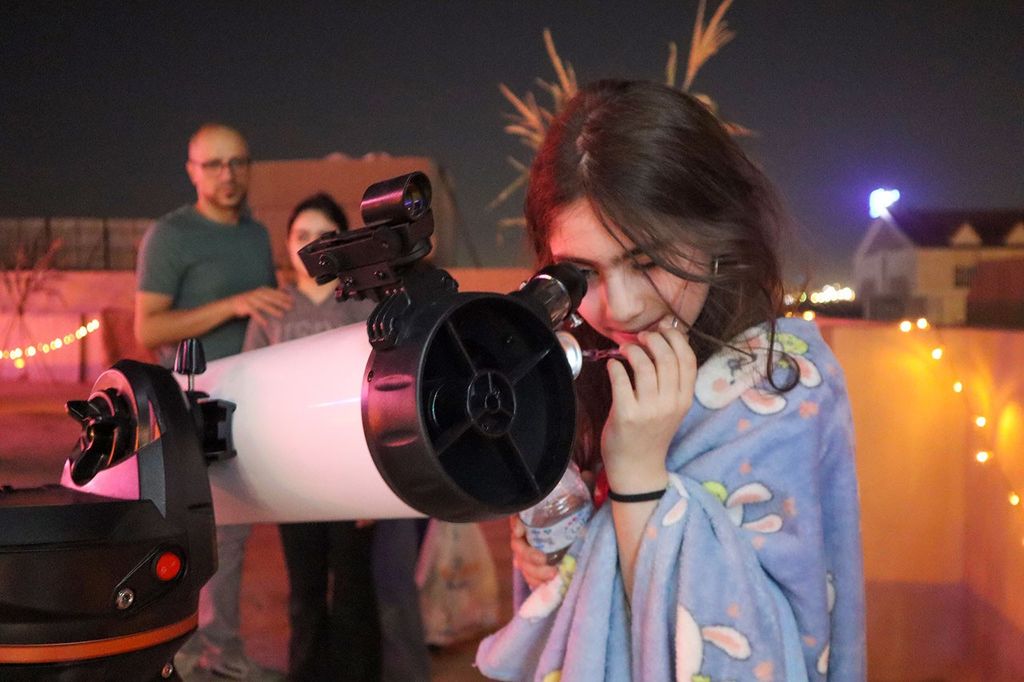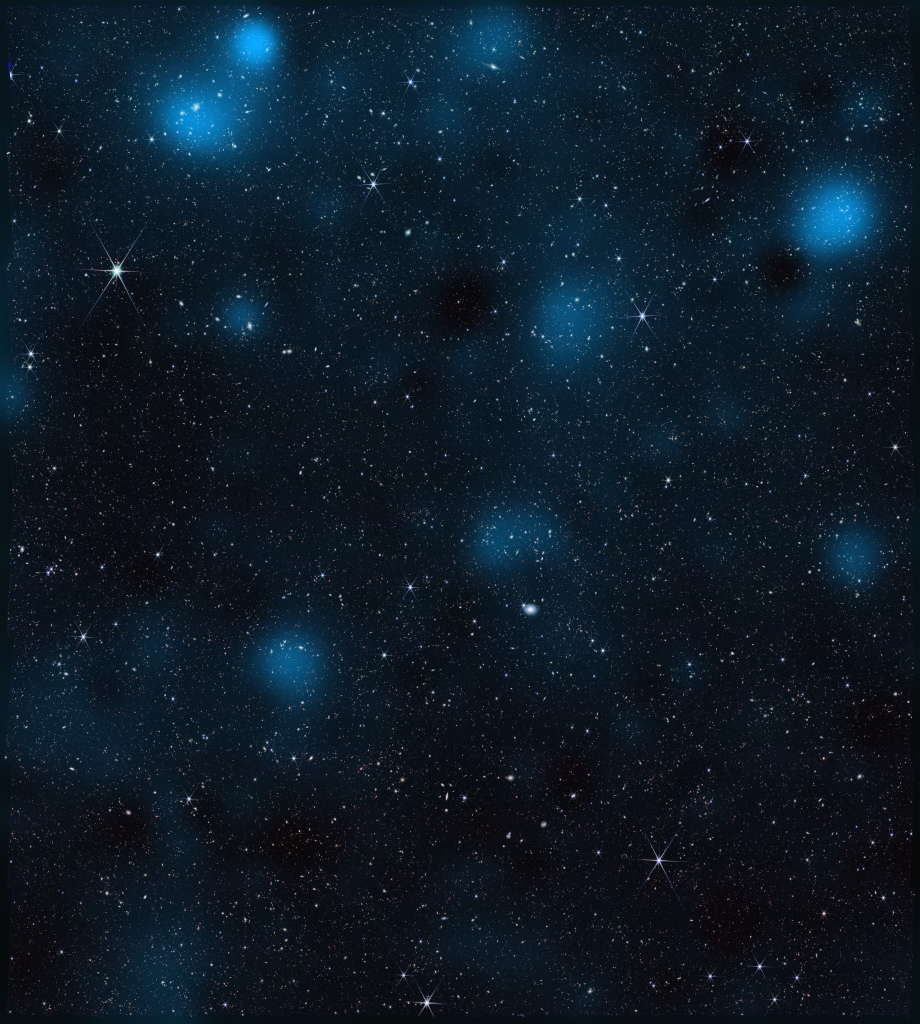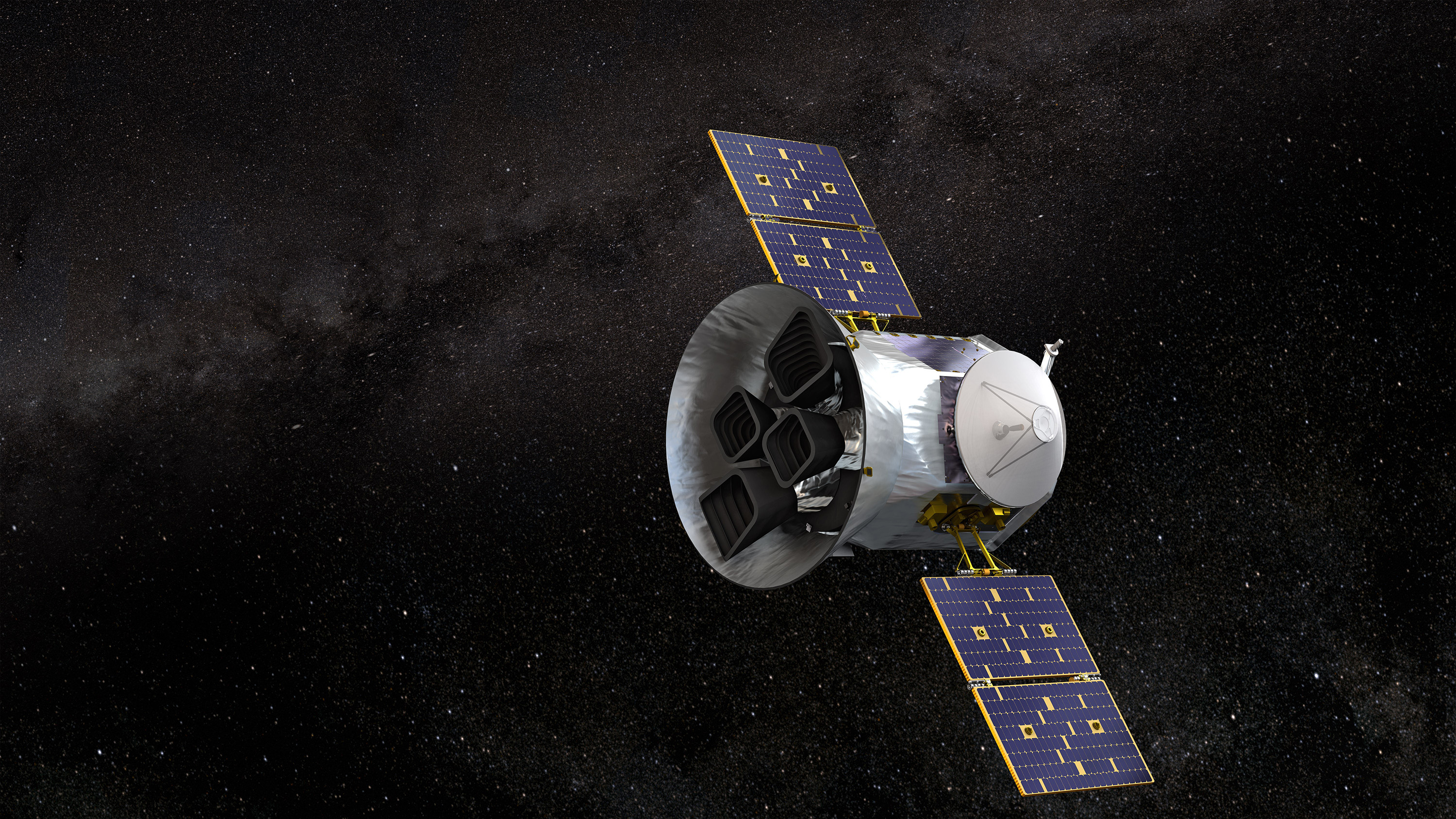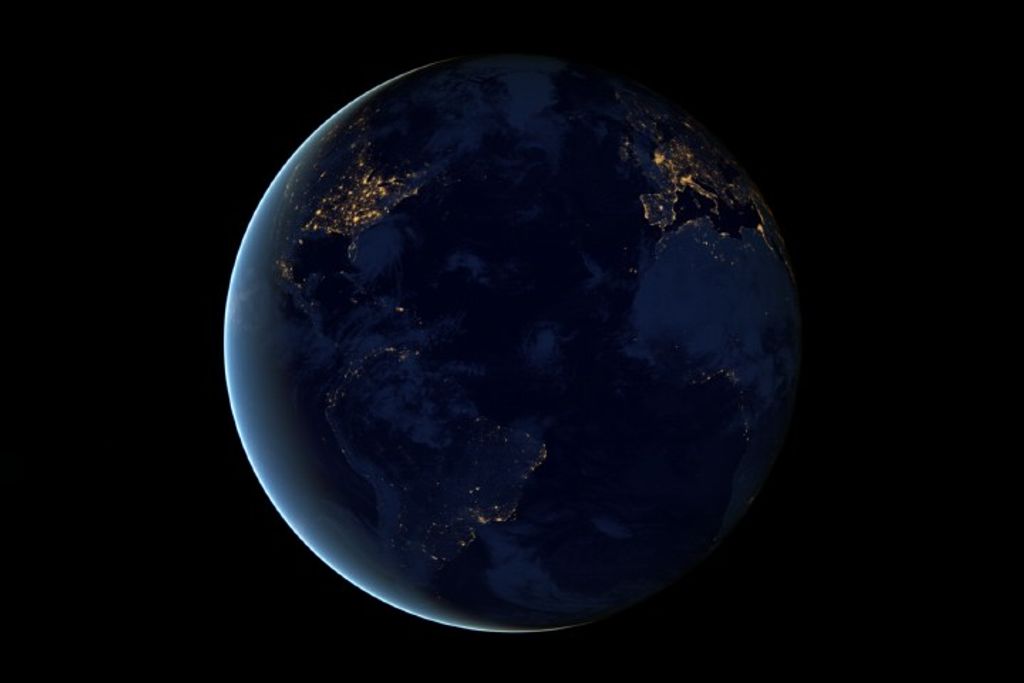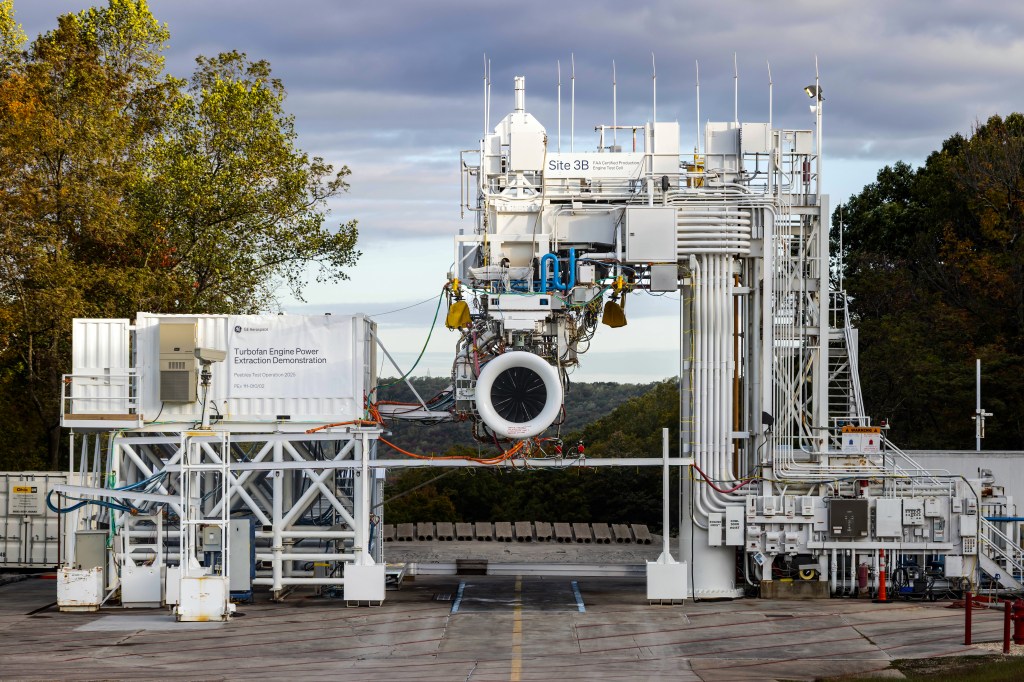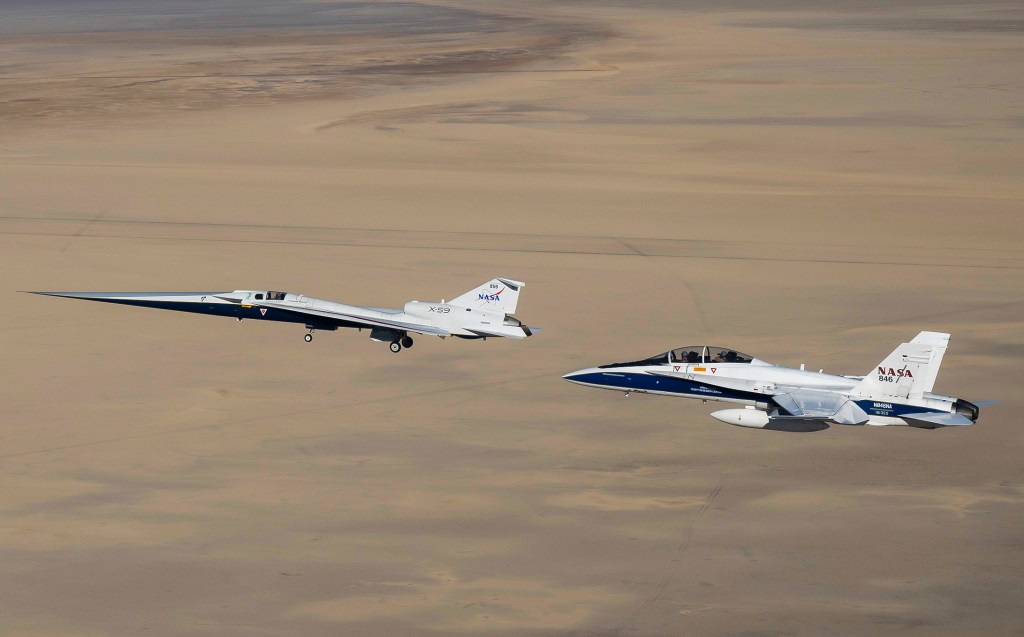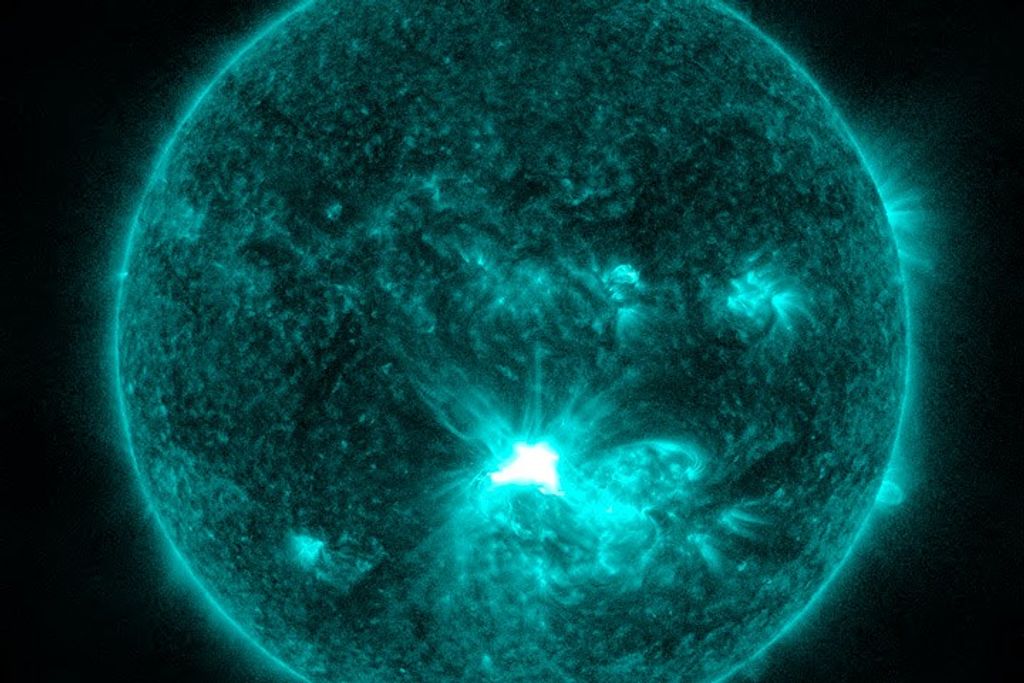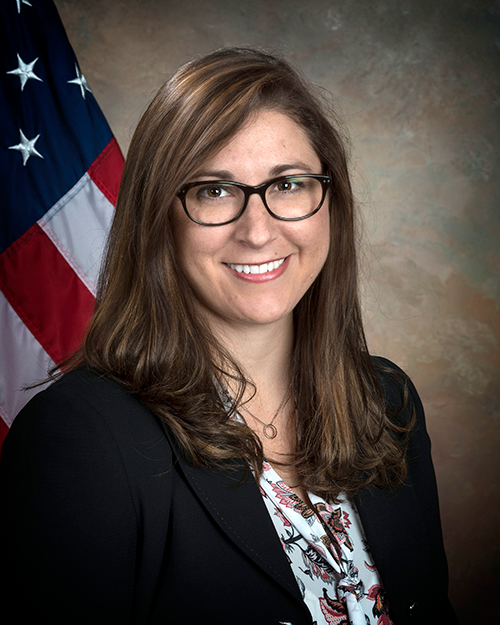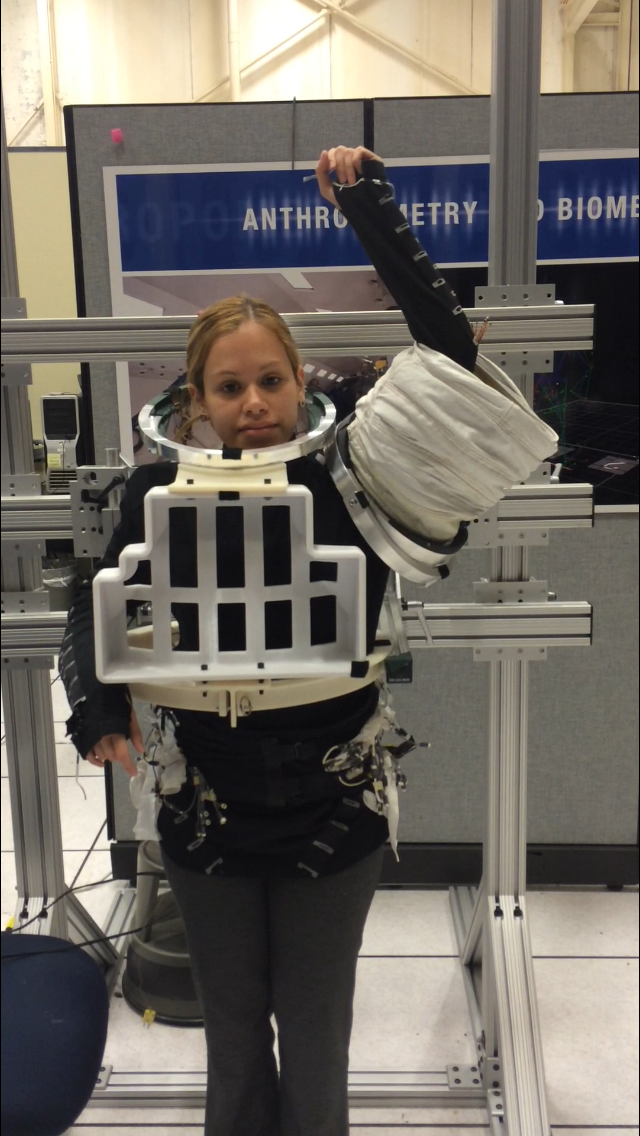This article is from the 2021 NESC Technical Update.
“I’ve had a series of incredible mentors, and there is no way I would be where I am without them guiding me, often in directions I didn’t know I should be going.” – Dr. Morgan B. Abney, NASA Technical Fellow for ECLS
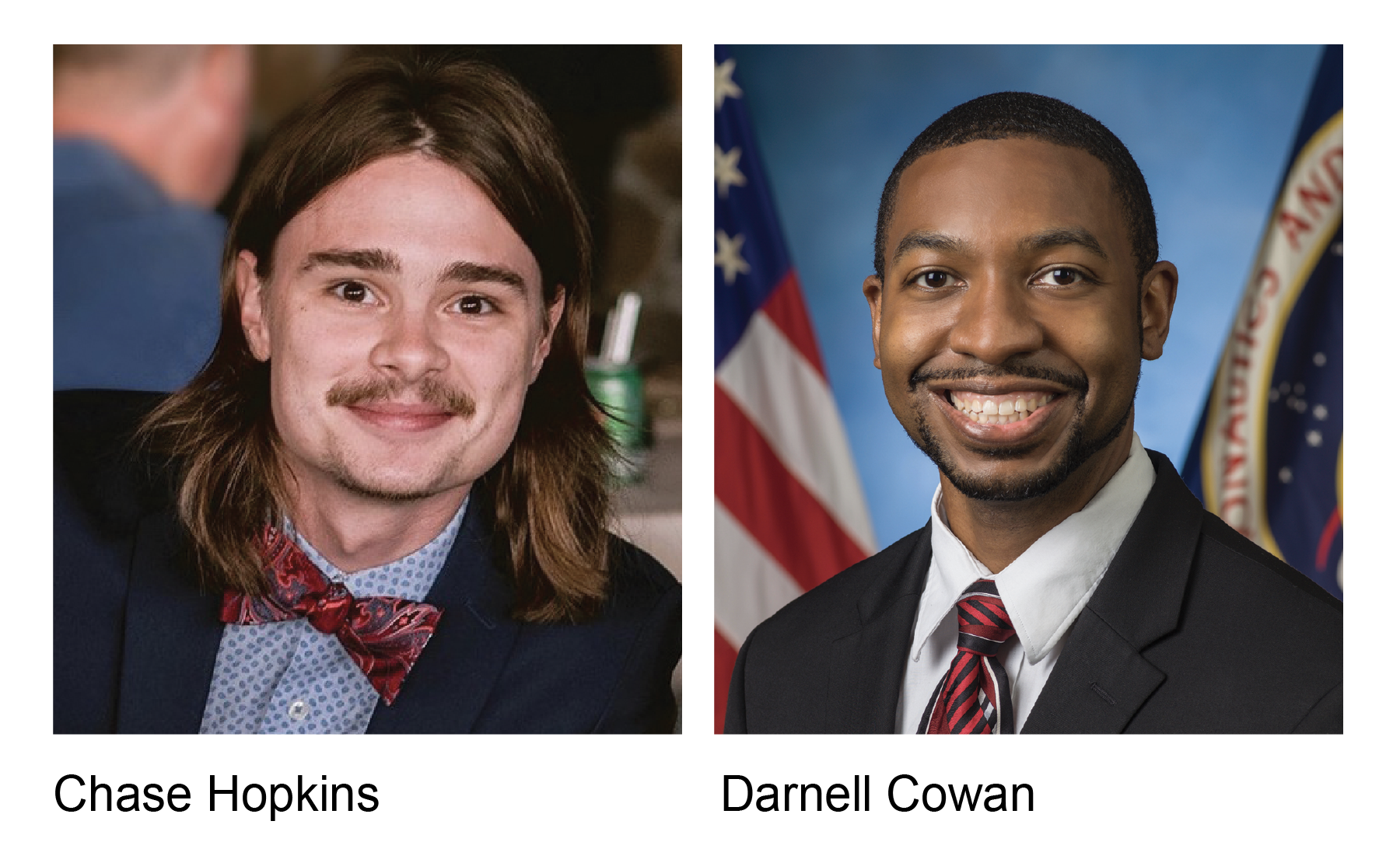
“This internship has completely changed my career trajectory. I thought there was no place for chemical engineers at NASA, and I’ve learned that is not the case at all.” – Chase Hopkins, MSFC Intern
Dr. Morgan Abney has dedicated her entire career to the Environmental Control & Life Support (ECLS) discipline, applying her chemical engineering degrees to the development of life support systems for the ISS and exploration flight projects. Her career trajectory, which brought her to her current role as NASA Technical Fellow for ECLS, was largely influenced by mentors she met along the way. It’s why she readily adopted the NESC tenet of mentoring the next generation of NASA engineers, offering them opportunities to problem solve and develop the leadership skills needed to guide the Agency and the ECLS discipline into the future.
“I started mentoring in graduate school,” said Dr. Abney. “My advisor encouraged us to bring in undergrads to work with us in the lab, so it was instilled in me early that it was important to do.”
Since arriving at NASA in 2009, Dr. Abney has mentored high school and college students, and after joining the NESC in 2020, she began a six-month rotational fellowship program for early to mid-career engineers interested in the ECLS field.
She selected her first two candidates through an in-depth interview process to assess their experience levels, career goals, and perspectives on the ECLS discipline. “My goal is to find someone who is motivated, interested in learning well beyond their current knowledge base, and who has a collaborative mind set. Because the ECLS discipline is located at several NASA Centers, I look for people who are interested in that cross-Agency collaboration.”
Dr. Elspeth Peterson (also featured on page 34 of the 2021 NESC Technical Update) was the first candidate selected, and Dr. Abney put her to work developing a plan to review a new SpaceSuit Water Evaporator Membrane (SWME). “I worked with Morgan to form a team of experts and develop test methods to predict how SWME would perform,” said Dr. Peterson. “It was a bit intimidating at first, but everyone was happy to share their knowledge. It was a great experience. After the fellowship, Morgan made me the technical lead for the SWME assessment.”
Handing over management of a project is part of Dr. Abney’s mentoring process. “I start them out in a support role, getting to know people and understanding our processes. Then my target is to give them something to own and lead that puts them in front of different people in the ECLS community as well as other disciplines.” It was an idea driven by her own experience.
“When I first came into NASA, my branch chief said, ‘Go look into oxygen recovery and see what you can figure out,’ and then left me alone. That ownership of that piece of the ECLS pie kept my interest and allowed me to make it what I wanted. The success of that project depended on me. I’m trying to give interns and associates that chance as well.”
Mr. Darnell Cowan is working with Dr. Abney to identify active thermal control technology gaps in preparation for Artemis missions and is now leading an activity to formalize the process for ECLS technology down-selects and flight experiments. In these roles he has worked with thermal leads across the Centers and is designing a scoring system to better determine what technologies should be pursued.
“Morgan has helped me develop presentations and articulate information to my stakeholders. She provides her assistance and guidance but lets me run the show. And she’s always open to my ideas. I’m learning more about the ECLS side and how things work, which is what I hoped to gain from this rotation.”
Also on Dr. Abney’s mentee roster is college student Mr. Chase Hopkins, who she assigned to help evaluate the impact of reduced pressure and increased oxygen volumes on ECLS systems used in Exploration habitats. “Morgan and her team are always there to answer questions. I went from knowing nothing about ECLS to understanding all of the systems.” This summer Dr. Abney asked him to take the lead on some subsystem work. “It was a lot more responsibility, but it gave me a big boost of confidence in my ability – that I could tackle something like this.” He has been performing engineering analysis and bringing his ideas to the team. “I feel like I’m really contributing to a mission and the feedback has been awesome and really sustaining. This internship has completely changed my career trajectory. I thought there was no place for chemical engineers at NASA, and I’ve learned that is not the case at all.”
Dr. Abney hopes to foster a love of the ECLS discipline in the younger generation. “That’s where my heart is,” she said. “I really want them to stay in the discipline if they have a knack for it and a love for it or at least remain as part of the ECLS community. They bring new ideas, new thoughts, and open-eyed curiosity to the discipline.”
When the internships and rotations are over, Dr. Abney hopes her mentees walk away with three things: “One, an experience beyond what they could have received at their Center alone; two, recognition of their expertise from other Centers and in turn, their recognition that other Centers have experience they can leverage; and three, understanding the Agency is bigger than just the life support discipline at their own Centers. With that early exposure, I hope they can then take advantage of opportunities as they come along.”
It is an advantage Dr. Abney has enjoyed throughout her career. “I’ve had a series of incredible mentors, and there is no way I would be where I am without them guiding me, often in directions I didn’t know I should be going. Without that, I absolutely would not have the career I have. I recognize how important that has been, and I definitely want to do that for the next generation of engineers.”

